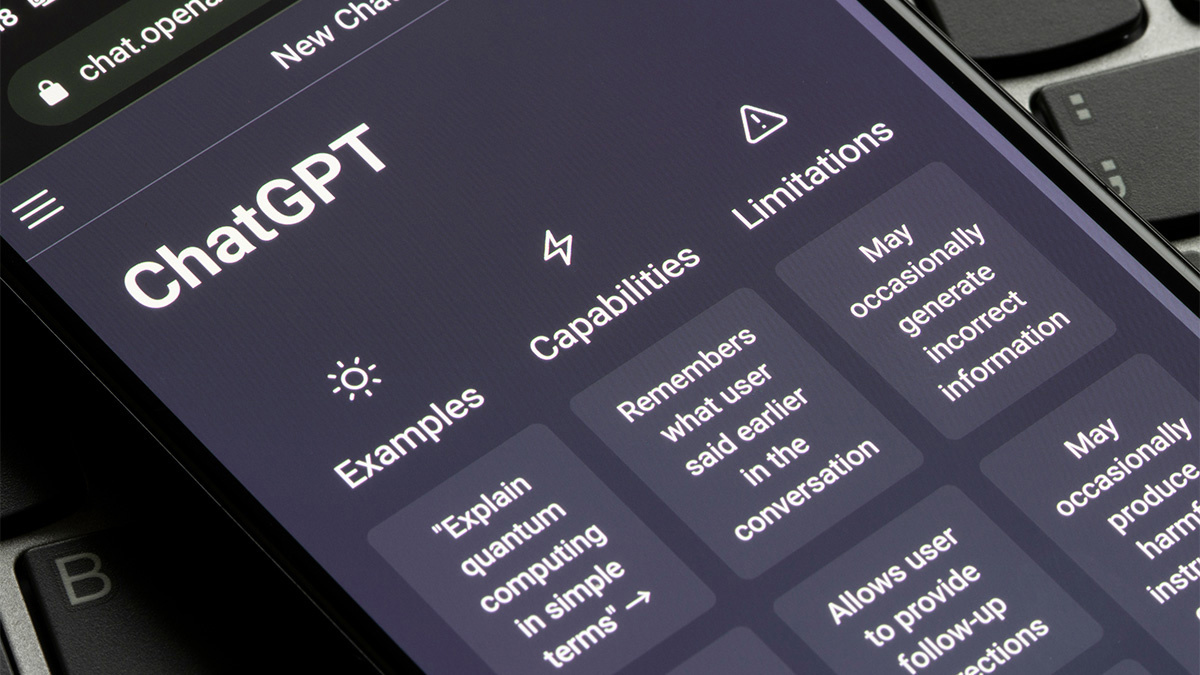
Adam Bannister27 January 2023 at 16:48 UTC Updated: 27 February 2023 at 15:33 UTC 2023-1-28 00:48:16 Author: portswigger.net(查看原文) 阅读量:10 收藏
Adam Bannister
27 January 2023 at 16:48 UTC
Updated: 27 February 2023 at 15:33 UTC
Your fortnightly rundown of AppSec vulnerabilities, new hacking techniques, and other cybersecurity news

“A far-reaching, catastrophic cyber event is likely in the next two years” according to 93% of cybersecurity experts and 86% of business leaders polled by the World Economic Forum (WEF).
Geopolitical instability and the enduring shortage of cybersecurity skills are making the situation more precarious and causing firms to rethink their presence in certain regions, revealed the WEF’s Global Cybersecurity Outlook 2023 report, which canvassed the views of 300 experts and C-suite executives.
In the meantime, we’re still seeing plenty of very, very bad cyber-attacks and breaches. Most recently, there’s been another mega breach at T-Mobile (37 million customers affected this time), the theft of source code and ensuing $10 million ransom demand from video games developer Riot Games, and the inadvertent exposure by an airline of the US government’s No Fly List, a roll call of suspected terrorists, from 2019.
The LastPass situation is also continuing to evolve following the November breach of its password vaults in November, with the latest update from the beleaguered password manager admitting that “a threat actor exfiltrated encrypted backups from a third-party cloud storage service”.
Sign up to Daily Swig Deserialized, our new fortnightly rundown of web security, bug bounty, and hacking culture news
While rival services will no doubt spy an opportunity to grow their market share given the market leader’s reputational crash, the hack is also perhaps bringing unprecedented scrutiny to the hitherto highly regarded field. Indeed, The Daily Swig recently reported on how several popular password managers auto-filled credentials on untrusted websites, while Bitwarden responded to renewed criticism of its encryption scheme by enhancing its default security configuration.
A fruitful security audit of Git’s source code is another notable story we covered since the last edition of Deserialized.
Here are some more web security stories and other cybersecurity news that caught our attention in the last fortnight:
Web vulnerabilities
- OpenText / Critical / Pre-auth RCEs via cs.exe and Java frontend plus multiple post-authentication vulnerabilities / Disclosed with patch January 17
- Rancher API / Critical / A patch rolled out in September 2022 failed to stop secrets, encryption keys, and SSH keys from being stored in plaintext directly on Kubernetes objects like Clusters / Disclosed and patched January 26
- Tiki Tiki CMS / Critical / Unauthenticated attackers could execute arbitrary code by combining CSRF with PHP object injection in the popular open source, wiki-based CMS / Patched August 23, disclosed January 9
- VMware vRealize Log Insight / Critical / Directory traversal, broken access control, deserialization, information disclosure vulnerabilities / Disclosed with patch January 24
- Zoho manageEngine / Critical / PoC and in-the-wild exploitation raises the stakes regarding patching on premise Zoho ManageEngine products against this RCE vulnerability after a surfaced / Disclosed and patched October 27
Research and attack techniques
- Vulnerabilities in popular open source health records and medical practice management platform OpenEMR allowed remote attackers to execute arbitrary system commands on any OpenEMR server and to steal sensitive patient data – and worse still, remote code execution (courtesy of Sonar)
- Jerry Shah recounts how he found an API misconfiguration on a SwaggerUI endpoint in an unnamed web application on a private bug bounty program that leaked the authorization token from local storage
- ChatGPT lowers the barriers to entry for threat actors with limited programming or technical skills, but state-backed miscreants are unlikely to gain operational efficiencies from the unnervingly sophisticated chatbot tool, according to Recorded Future
- Maksym Yaremchuk – number 80 on HackerOne’s all-time leaderboard, no less – details a pair of critical severity account takeover exploits fashioned during an engagement with a private bug bounty program
- GitHub researcher Man Yue Mo achieves arbitrary kernel code execution and root on a Google Pixel 6 mobile phone from an Android app
 ChatGPT lowers the barriers to entry for cybercrime but is of little use to state-backed cybercrooks
ChatGPT lowers the barriers to entry for cybercrime but is of little use to state-backed cybercrooks
Bug bounty / vulnerability disclosure
- Security researchers can mathematically prove the existence of a software vulnerability without revealing details that in the wrong hands could lead to malicious exploitation, explains a recent New Scientist feature (paywall)
- Intigriti has penned a blog post on the safe harbor clause for researchers created by the Belgian Act on the Protection of Whistleblowers
- The Daily Swig recently reported on the upcoming third annual Hack The Pentagon challenge, CORS misconfigurations at Tesla and other, unnamed programs earning researchers a “few thousand dollars”, and Google Cloud Platform (GCP) project vulnerabilities netting researchers more than $22,000
- Other recent writeups include a $3,000 bounty for a reflected XSS in Microsoft Forms, while Bug Bounty Switzerland’s inaugural ‘vulnerability of the month’ related to a time-limited private program and thousands of appliances exposed to the internet
- Bug hunter interviews with British hacker and YouTuber ‘InsiderPhD’ and ‘TodayIsNew’ have been published by HackerOne and Bugcrowd, respectively
New open source infosec/hacking tools
- Gato – or GitHub Attack Toolkit – evaluates the impact of compromised personal access tokens within GitHub development environments. Enables tracking of public repos that use self-hosted runners, which GitHub recommends are only deployed in private repos because otherwise “forks of your public repository can potentially run dangerous code on your self-hosted runner machine by creating a pull request that executes the code in a workflow”
- Highlighter And Extractor (HaE) – Paris-based crowdsourced security platform YesWeHack has released a Burp Suite extension that collects, categorizes, and highlights requests and/or responses to help detect vulnerable code patterns, errors, reflections, and more in a passive enumeration process
- PyCript – Another Burp Suite extension, this time allowing the bypassing of client-side encryption via custom logic for manual and automation testing with Python and NodeJS
- SeeProxy – Golang reverse proxy with CobaltStrike malleable profile validation
- CVE-2022-47966 Scanner – Assess your exposure to the critical RCE bug affecting at least 24 on-premise ManageEngine products and currently being actively exploited
More industry news
- NIST trails potential updates (PDF) to the NIST Cybersecurity Framework and invites the infosec community to offer feedback
- In other US federal agency news, the NSA issues IPv6 security guidance (PDF), CISA updates best practices for mapping to Mitre Attack Framework (PDF), and CISA, NSA, and MS-ISAC jointly warn (PDF) of malicious use of legitimate remote monitoring and management (RMM) software
- Google documents progress on leveraging case randomization of DNS query names sent to authoritative nameservers in order to mitigate the impact of cache poisoning attacks
- Google also follows through on its intention to drop TrustCor Systems as a root certificate authority (CA) for Chrome, confirming a timetable for ceasing to recognize its certificates
- Cloud-based cyber-attacks jump 48% year on year as malicious hackers spy opportunities in digital transformation trend – Check Point report
PREVIOUS EDITION Deserialized web security roundup – Slack and Okta breaches, lax US government passwords report, and more
如有侵权请联系:admin#unsafe.sh